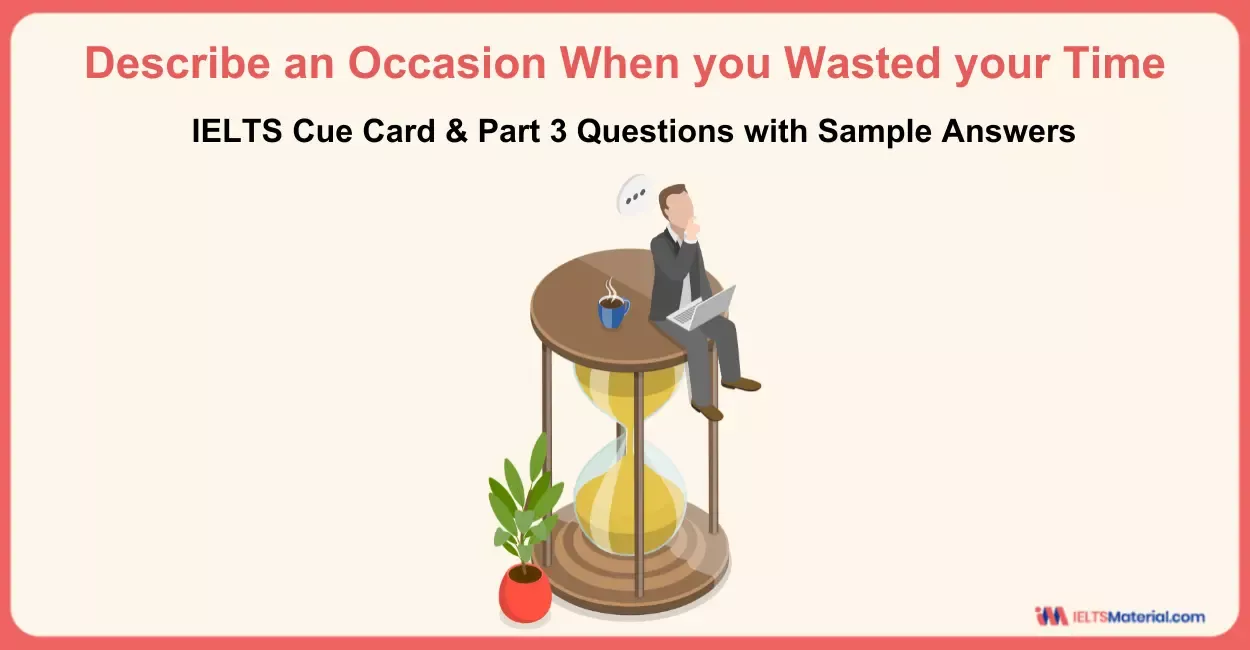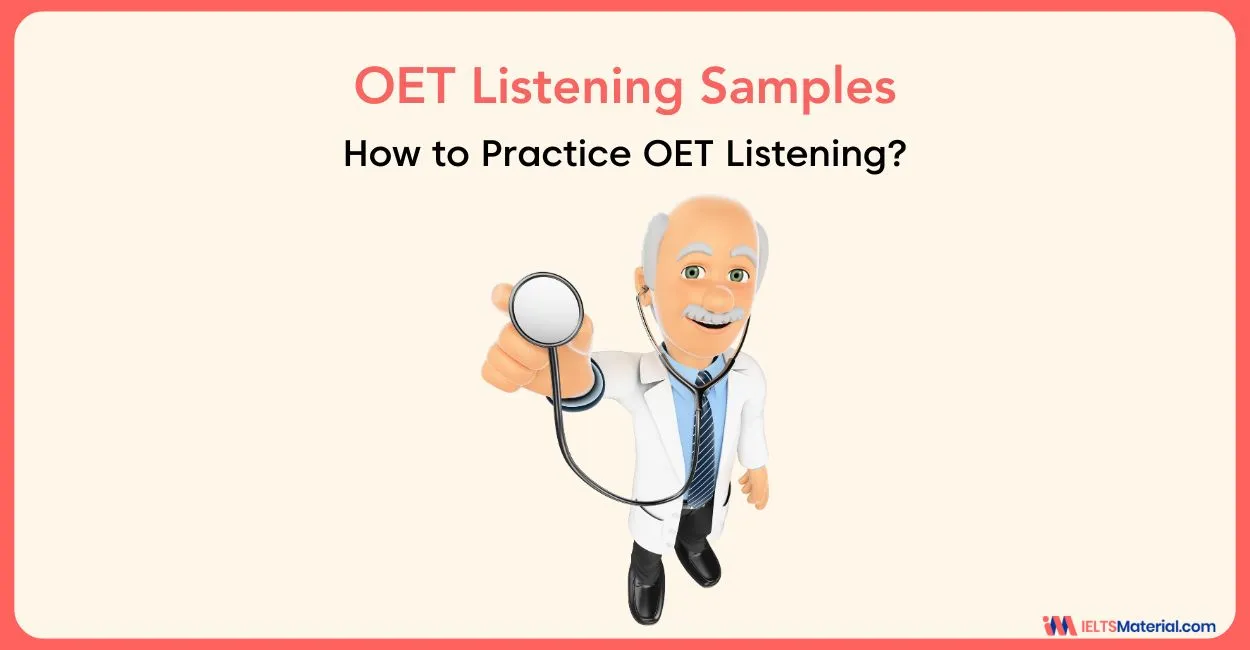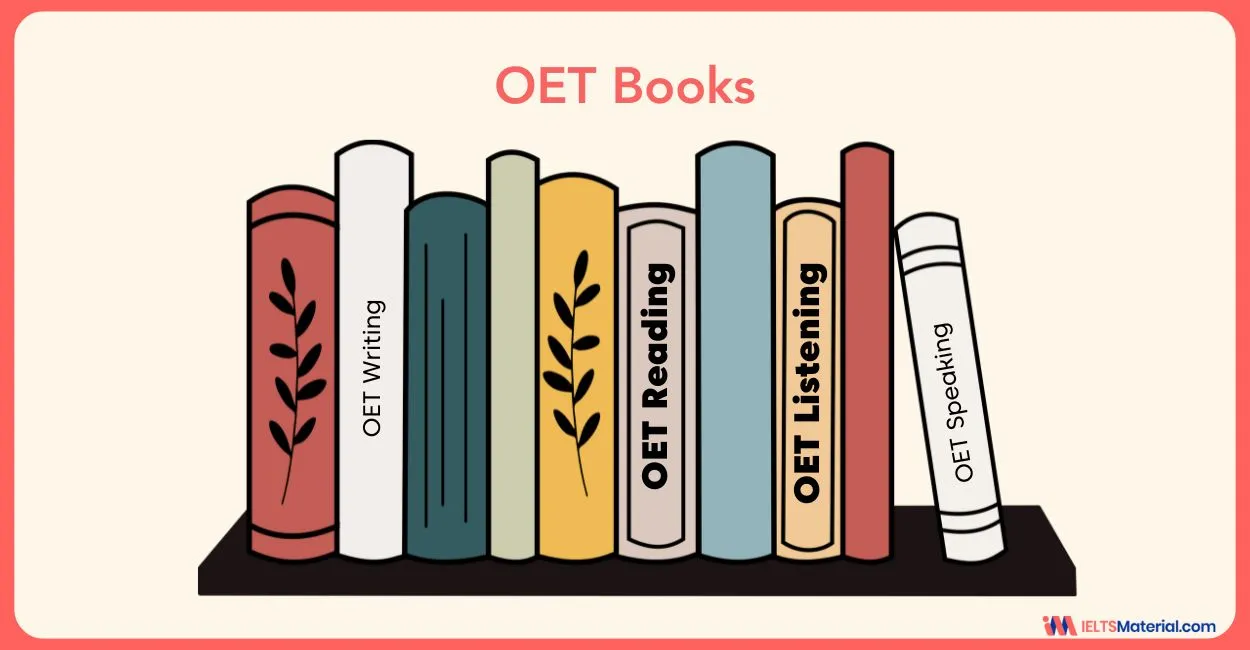Describe a Thing You Cannot Live Without – IELTS Cue Card
Want to explore Band 6 and Band 9 answers to the IELTS Cue Card? Achieve a band 8+ in the IELTS Speaking Section by checking out the topic 'Describe a Thing You Cannot Live Without' and ace the exam with a band 8+.
Table of Contents
- Question - Describe a Thing You Cannot Live Without – IELTS Cue Card
- Tips to attempt the Cue Card Topic to Describe a Useful Object in Your Home You Can't Live Without Part 2 for a Band 8+
- Band 6 Model Answer - Describe a Thing You Cannot Live Without – IELTS Cue Card
- Band 9 Model Answer - Describe a Thing You Cannot Live Without – IELTS Cue Card
- Strategies to Use in The Speaking Part 3 to Achieve a Band 8+ - Describe a Thing You Cannot Live Without – IELTS Cue Card
- Part 3 (Follow-up Questions and Answers) to Describe A Useful Object In Your Home Can't Live Without

Try AI Essay Checker for Instant Band Score
In the IELTS Speaking, the Cue Card section presents candidates with random topics, challenging them to think on the spot. Each candidate has 1 minute to gather their thoughts before speaking for 2 minutes on topic like 'Describe a Thing You Cannot Live Without.' As you attempt this question, you must provide your personal experience where you must expand the ideas.
In the IELTS Speaking Part 2, it evaluates a candidate’s confidence and speaking ability in terms of the candidate’s knowledge of personal feelings towards something important. To score a band 8+, it is necessary to improve the brainstorming before you start to answer the question to ace the IELTS exam. A question like ‘Describe a Thing You Cannot Live Without’ can cover many areas but it depends on the individual and what they think is a requirement of their life on a daily basis.
Shall we dive into it? Let's start the journey together!
Question - Describe a Thing You Cannot Live Without – IELTS Cue Card
| Topic: Describe a thing you cannot live without.
You should say:
|
As you attempt this question, you must use your stopwatch to gather ideas and then record yourself speak. Always try to attempt the questions before diving into checking out the sample answers. This will help enhancing your skills and take you a step closer to achieve a band 8+ in the exam.
Tips to attempt the Cue Card Topic to Describe a Useful Object in Your Home You Can't Live Without Part 2 for a Band 8+
In order to get a higher IELTS Band Score, you must use certain strategies to excel in the IELTS Speaking Section with a band 8+.
- Concentrate on articulating the ideas precisely where your answer must entail that your answer must be structured and coherent. It should have clear introduction, middles, and a conclusion.
- Do not just give brief and generic answers but develop your points with expansion of your ideas. This will prove to the examiner that you can elaborate and go beyond the surface-level responses as you would also showcase your idea generation within the time limit. Therefore, time management in IELTS is crucial.
- Avoid repetition of words where synonyms and other expressions should be employed so that the examiner can become aware of your command over the English language. Therefore, improve with the Latest IELTS Speaking Vocabulary to Boost Your Score and ace the exam with 8+ band.
- Make use of a variety of simple and complex sentences and also make use of different tenses and conditional forms to show how well you know grammar. Prepre for IELTS Grammar to level up your skills and improve your speaking.
- Speak without hesitation where a logical flow should be present among the ideas. Do not pause for too long that will get you into fillers such as "um" and "ah". In the case you do hesitate, keep talking by rephrasing sentences and stop hesitating while focusing on your tone.
- Stay focused on the topic and try to answer every single part of the cue card question without deviating. Record yourself speak to check your time later to make sure that you have covered all the parts while presenting your answers fluently.
- With consistent practice, you will be able to level up your preparation and become familiar with the structure on How to Prepare a Cue Card for IELTS Speaking.
Want to learn how to improve IELTS Speaking in 7 days? Check out the video below!
Now that you have looked at the tips to attempt the cue card topic, it is time to attempt the question. It is suggested that you brainstorm your ideas first within a minute and then record yourself speak before going through the sample answers. In this way, you can gain the knowledge on how to improve and what to add in your answer to achieve a higher band score of 8+.
You can find more such IELTS Cue Cards like “Describe a Thing You Cannot Live Without,” on this page of ours – IELTS Speaking Cue Card Topics with Samples Answers (2023)
Band 6 Model Answer - Describe a Thing You Cannot Live Without – IELTS Cue Card
One thing I cannot live without is my smartphone. I use it every day, almost constantly, for various purposes. It’s an essential part of my life because it helps me stay connected with my friends and family, access information, and manage my daily tasks.
I use my smartphone primarily for communication. I send and receive text messages, make phone calls, and use social media platforms like Facebook and WhatsApp to keep in touch with friends and family. I also use it for work-related emails and video conferences. So, it’s fair to say that I use it throughout the day to stay connected.
Moreover, my smartphone is my go-to device for information. I use it to browse the internet, read news, and look up things on search engines. It’s like having a world of information at my fingertips, which is incredibly convenient.
Additionally, my smartphone serves as a personal organizer. I rely on it for setting reminders, managing my calendar, and taking notes. It helps me stay organized and ensures that I don’t forget important appointments or tasks.
In summary, my smartphone is something I cannot live without because it keeps me connected with loved ones, provides access to information, and helps me stay organized in my daily life.
Want to practice more? Grab the IELTS Speaking: Channeling the voice in 30 days now and achieve a band 8+ in the IELTS exam!
Band 9 Model Answer - Describe a Thing You Cannot Live Without – IELTS Cue Card
One indispensable thing in my life is my laptop. I use it extensively on a daily basis, and its significance to me cannot be overstated.
To begin with, I use my laptop for both personal and professional purposes. I am a freelance graphic designer, and my laptop is my primary tool for creating designs, editing images, and communicating with clients. I typically spend around 8 to 10 hours a day working on my laptop, as it is crucial for my livelihood.
Aside from work, my laptop plays a crucial role in my personal life. I use it for entertainment, such as streaming movies and TV shows, playing games, and listening to music. It’s also where I store and organize my photos, videos, and important documents. I use it for research, reading e-books, and staying updated with current events. In essence, it’s an all-in-one device that caters to both my work and leisure needs.
The importance of my laptop goes beyond its utility; it represents a sense of freedom and connectivity. Through my laptop, I can connect with friends and family worldwide, thanks to video calls and messaging apps. It allows me to stay informed about global events, access educational resources, and engage with online communities. In many ways, it has become an extension of myself, a gateway to the digital world.
In conclusion, my laptop is something I cannot live without because it is essential for my work, offers endless entertainment and connectivity, and serves as a versatile tool for both personal and professional aspects of my life.
Want to get expert opinion? Book a free demo class today and start your journey to ace the IELTS exam with a band 8+.
Strategies to Use in The Speaking Part 3 to Achieve a Band 8+ - Describe a Thing You Cannot Live Without – IELTS Cue Card
Now that you have become familiar with answering the Cue Card topic, indulge yourself with the strategies to attempt the IELTS Speaking Part 3 questions. Remember that in this question, the examiner will ask you generic questions related to the topic, 'describe a useful object in your home you can't live without'. To answer them and achieve a band score of 8+, utilise a few strategies to be successful.
- You need to elaborate on your viewpoint and provide examples in support of your point which must not be your. This indicates that you can combine your ideas together on any issue.
- In your response, you should include a variety in grammar with a combination of compound and complex sentences. The more varied answer you can come up with in a sentence, the higher the chance of acquiring a good score of more than 8+.
- Remember to showcase your capability of taking a standpoint and backing it with relevant justification. Use The Best Phrases to Use in IELTS Speaking like, "I believe." "In my opinion," "it seems to me that," "I reckon," "I suppose," which could further the scope of you opinion or personal viewpoint which you want to express.
- Do not keep repeating word and use varied vocabulary words which are the most precise terms possible to use for the topic to describe a useful object in your home that you can t live without. Understanding Fluency and Coherence in IELTS Speaking will take your answer further to achieve a Band 8 and even above. Use linking words and phrases to bring your ideas together within your response and ensure that it flows logically.
- If you don’t understand a question entirely, ask the examiner for clarification. It is better to make a query rather than give an answer that is off-topic so that your answer is accurate.
Part 3 (Follow-up Questions and Answers) to Describe A Useful Object In Your Home Can't Live Without
Main Question: Describe an Object You Cannot Live Without
Let's check out a few follow-up questions. As you prepare for this section, remember to provide your opinion with justified reasons to support the same. The Sample answers include both band 6 and band 9 answer to help understand the differences in them.
1. What are the things people cannot live without in today’s society?
Band 6 Answer
In today’s society, people cannot live without smartphones, as they are essential for communication and access to information. Additionally, many people rely on their cars for transportation, and some cannot imagine life without access to the internet. These things have become integral parts of modern life.
Band 9 Answer
In the contemporary world, there are several things people consider indispensable. Firstly, smartphones are ubiquitous as they serve as communication devices, personal organizers, and sources of information. Secondly, the internet is crucial, enabling access to a vast array of knowledge and services. Thirdly, many rely on personal vehicles for transportation, especially in areas with limited public transport options. These elements have become essential in today’s society.
2. How have people’s needs and dependencies changed with technological advancements?
Band 6 Answer:
Technological advancements have significantly altered people’s needs and dependencies. In the past, basic necessities like food, shelter, and clothing were the primary focus. However, with advancements in technology, people now rely heavily on smartphones and the internet for communication, information, and entertainment. Additionally, automation and machines have reduced the reliance on manual labor, changing the way people work and live.
Band 9 Answer:
Technological advancements have brought about a profound shift in people’s needs and dependencies. While basic necessities remain important, the advent of smartphones and the internet has made communication and access to information paramount. Additionally, automation and AI have transformed industries, reducing manual labor dependency and reshaping the job market. People today are more interconnected and reliant on technology for various aspects of their lives, marking a significant change from the past.
3. Are there any negative consequences of being heavily dependent on certain things?
Band 6 Answer:
Yes, there can be negative consequences of being heavily dependent on certain things. For example, excessive reliance on smartphones and social media can lead to addiction, isolation, and reduced face-to-face interactions, which may negatively impact mental health. Moreover, over-dependence on technology can make individuals vulnerable to cyberattacks and data breaches, compromising their privacy and security.
Band 9 Answer:
Certainly, there are potential negative consequences of heavy dependency on certain things. For instance, an overreliance on smartphones and social media can lead to addiction and decrease the quality of personal relationships. Moreover, dependence on technology for essential services such as healthcare or transportation can make individuals vulnerable to disruptions in case of system failures or cyberattacks. Balancing technological advancements with awareness of their potential drawbacks is crucial in today’s society.
4. Do you think it’s possible for people to reduce their dependence on technology in today’s world?
Band 6 Answer:
Reducing dependency on technology is challenging but possible with conscious efforts. People can start by setting boundaries on screen time, engaging in offline activities, and fostering face-to-face connections. However, complete independence from technology may be unrealistic in today’s world, given its pervasive nature.
Band 9 Answer:
While it may be difficult, it is certainly possible for people to reduce their dependence on technology in today’s world. This can be achieved by consciously limiting screen time, embracing digital detoxes, and rediscovering offline hobbies and interactions. It requires mindfulness and discipline, but it’s feasible and can lead to a healthier balance between the digital and physical aspects of life.
5. What role does education play in helping individuals adapt to technological changes and dependencies?
Band 6 Answer:
Education plays a significant role in helping individuals adapt to technological changes and dependencies. Schools and educational institutions can incorporate digital literacy programs to teach students how to use technology responsibly and safely. Furthermore, continuous learning and training in the workplace can keep individuals updated with the latest technologies, helping them adapt to changes in the digital landscape.
Band 9 Answer:
Education plays a crucial role in preparing individuals to adapt to technological changes and dependencies. Schools can integrate digital literacy into the curriculum, equipping students with the skills to navigate the digital world responsibly. In the workplace, ongoing training and development programs help professionals stay updated with the latest technologies, ensuring they can adapt to changing demands. Ultimately, education empowers individuals to harness the benefits of technology while managing its potential pitfalls effectively.
Awesome job! With consistent practice, you will be able to become familiar with the exam pattern and excel in the IELTS exam. Remember to answer the questions on the List of IELTS Cue Cards for Topic - Useful to ace the exam and note down the areas of improvement. Check out more IELTS Speaking practice tests and take your preparation to a level.
Related Cue Cards :
Also Check :
- 31 High-scoring Formulas to Answer IELTS Speaking Questions
- What to Do if You Forget What to Say During IELTS Speaking Test?
- 75+ Common English Words Used in IELTS Speaking Test
- 151 IELTS Multilevel Speaking Part 2 & 3 Topics with Model Answers
- Common Mistakes to Avoid in IELTS Speaking Test
- 10 Useful IELTS Speaking Tips to Impress the Examiner
Practice IELTS Writing Task 1 based on report types

Start Preparing for IELTS: Get Your 10-Day Study Plan Today!
Explore other Speaking Topics



Recent Articles

Nehasri Ravishenbagam

Nehasri Ravishenbagam

Kasturika Samanta






Post your Comments